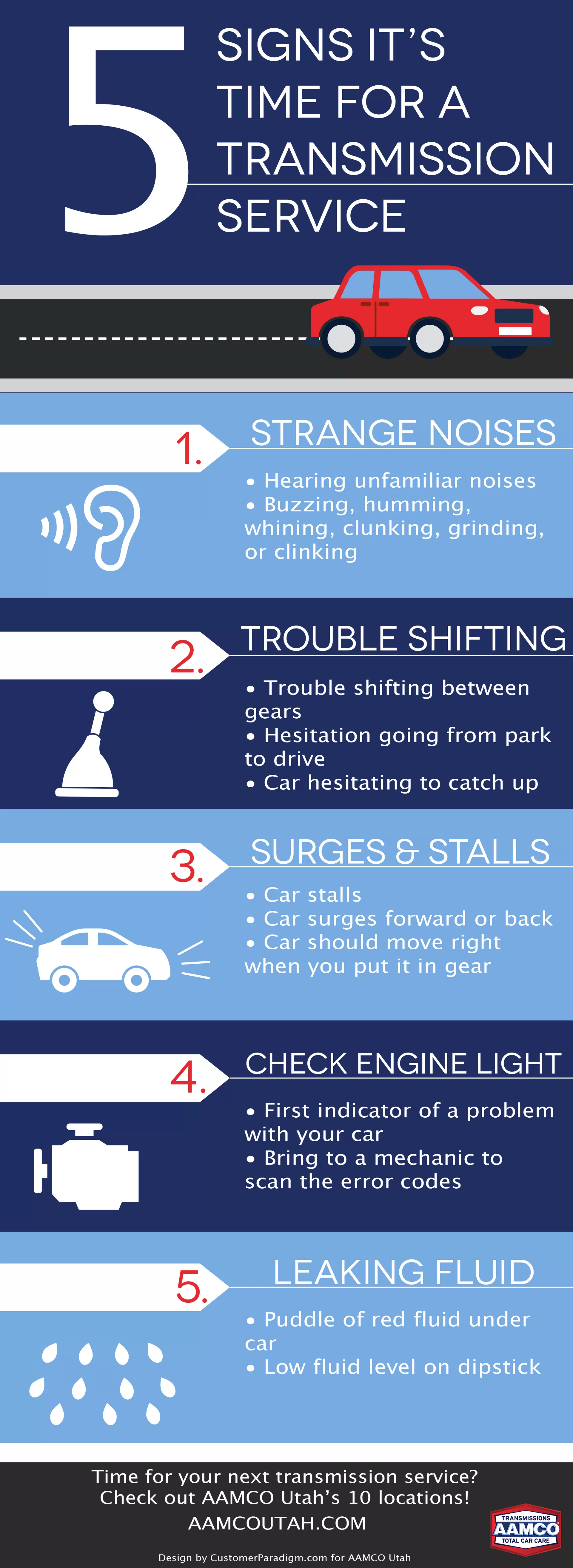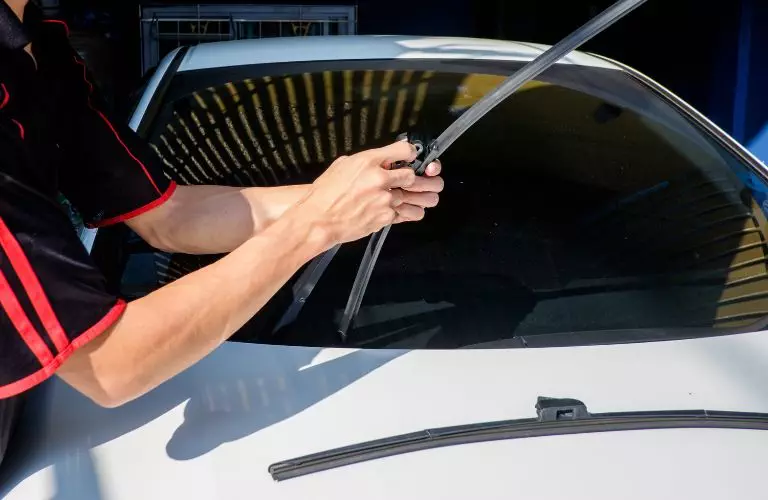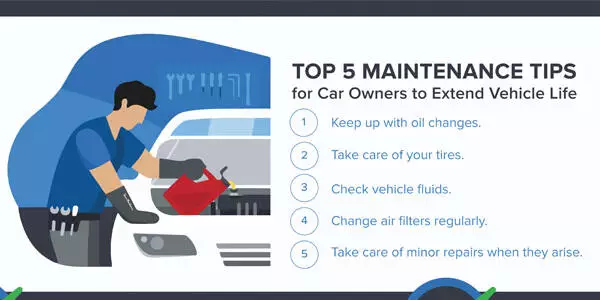
Why We Love Understanding Common Problems with Your Car’s Transmission (And You Should, Too!)
Do you love your car but dread those unexpected surprises under the hood? Understanding common problems with your car’s transmission can be a real game-changer. Imagine cruising down the highway without a care in the world, then suddenly, your car starts jerking or making weird noises. Scary, right? Knowing what’s going on with your vehicle can save you time, money, and a lot of stress. Plus, it gives you the upper hand when those car system issues arise.
When you’re aware of common car system failures, you can tackle vehicle system problems like a pro. Whether it’s a slight slip in gear or an odd sound, recognizing these auto system malfunctions early helps avoid costly repairs. Mastering car system diagnostics can transform your approach to vehicle system maintenance. Picture yourself spotting car system warning signs and addressing them confidently. It’s empowering.
You deserve to feel secure in your ride. Dive deeper into the world of car maintenance tips and become the expert you never thought you’d be. Ready to take control? Let’s get started!
In the article
Understanding Common Problems with Your Car’s Transmission
When it comes to your car, several things can go wrong, especially with the transmission. Understanding the common car system failures will help you know what to expect and how to handle these issues. By being aware of the signs, you can keep your vehicle in good shape and avoid sudden breakdowns.
Transmission Fluid Leaks
If you start seeing red fluid under your car, there’s a good chance it’s transmission fluid. This is one of the most common problems with your car’s transmission. Transmission problems like this can cause more significant issues if left unchecked. Therefore, you should address leaks promptly to avoid potential damage. Fixing this early on saves you time and money.
Slipping Gears
Have you ever noticed your car slipping gears when you don’t expect it? This is more than just annoying; it’s a sign of deeper car system issues. If this happens, it’s important to consult a mechanic for car system diagnostics. They can check what’s causing this problem and fix it before it becomes costly. Better to be safe than sorry!
Delayed Shifting
Are you feeling a delay when you’re shifting gears? This might mean your transmission needs attention. Delayed shifting is frustrating and can be a sign that your car needs automobile system repairs. Regular maintenance is key. By keeping up with routine checks, you can often prevent this issue from happening in the first place.
Overheating Transmission
Your car’s transmission can overheat if it’s working too hard. High temperatures can cause all sorts of problems, leading to electrical system failures or even a breakdown. You must monitor your car system warning signs closely to prevent this. Checking the temperature gauge and fluid levels regularly can help keep everything running smoothly.
Car System Troubleshooting
Using Car Diagnostics Tools
Having the right tools can make a huge difference when diagnosing vehicle system problems. Car diagnostics tools are designed to help you figure out what might be wrong before it’s too late. Learning some basic troubleshooting skills can empower you to fix minor issues yourself, saving you a trip to the mechanic.
Recognizing Warning Signs
Recognizing early warning signs of auto system malfunctions is essential. Addressing these signs can prevent the most common car system failures. For instance, if you hear strange noises or feel unusual vibrations, don’t ignore them. Use car maintenance tips to minimize risks and keep your vehicle in top condition.
Maintenance Practices
Performing regular vehicle system maintenance is one of the best ways to avoid major problems. Follow the manufacturer’s recommendations and keep an eye on your vehicle system maintenance schedule. By doing this, you can ensure your car continues to run smoothly and efficiently for years to come.
Seeking Professional Help
Do you know when it’s time to visit an expert? Knowing when to seek professional help can make all the difference. Brake system faults, for example, should not be ignored. Professional diagnostics might cost initially, but it can save you much more money in the long run by preventing extensive damage.
Educating Yourself on Transmission Systems
Research and Learn
Take the time to explore information on transmission systems. Understanding your car’s transmission will make it easier to identify and solve any problems that arise. There are plenty of resources online and in books that can help you become more knowledgeable about your vehicle.
Stay Updated with Trends
Keeping up with new technologies and trends in car maintenance is important. By doing this, you can implement new car maintenance tips to improve your vehicle’s performance. Stay informed about the latest advancements to make sure you’re using the best practices for your car.
Understand Manufacturer Guidelines
Always make time to read your vehicle’s manual thoroughly. Following the guidelines set out by the manufacturer ensures your car runs at its best and can prevent future car system issues. Knowing the recommended maintenance schedule and proper use of your vehicle will go a long way in keeping everything in peak condition.
Join Car Enthusiast Communities
Have you ever thought about joining car enthusiast communities? Connecting with others who share your passion can provide valuable advice and insights. You can share knowledge about vehicle system maintenance and even engage in troubleshooting discussions. These communities are a great way to learn and grow your understanding of vehicles.
Take Charge of Your Car’s Health
Understanding your car’s health has huge benefits. You can spot issues early, saving money. Plus, you keep your vehicle running smoothly, ensuring your safety on the road. Knowing common system problems makes you feel confident and empowered. You’re in control, not at the mercy of unexpected breakdowns.
Start by learning key car system warning signs. This makes troubleshooting easy. Next, schedule regular maintenance checks. These checks can prevent future problems and extend your car’s life. Keeping a record of repairs and services also helps. This habit offers a clear picture of what needs attention.
Now is the time to act. Take one small step today. Check your car’s manual or book an inspection. Doing this keeps your car in top shape. Plus, you’ll drive with peace of mind. Enjoy the journey with confidence, knowing you’re prepared. Your car deserves the best care.





